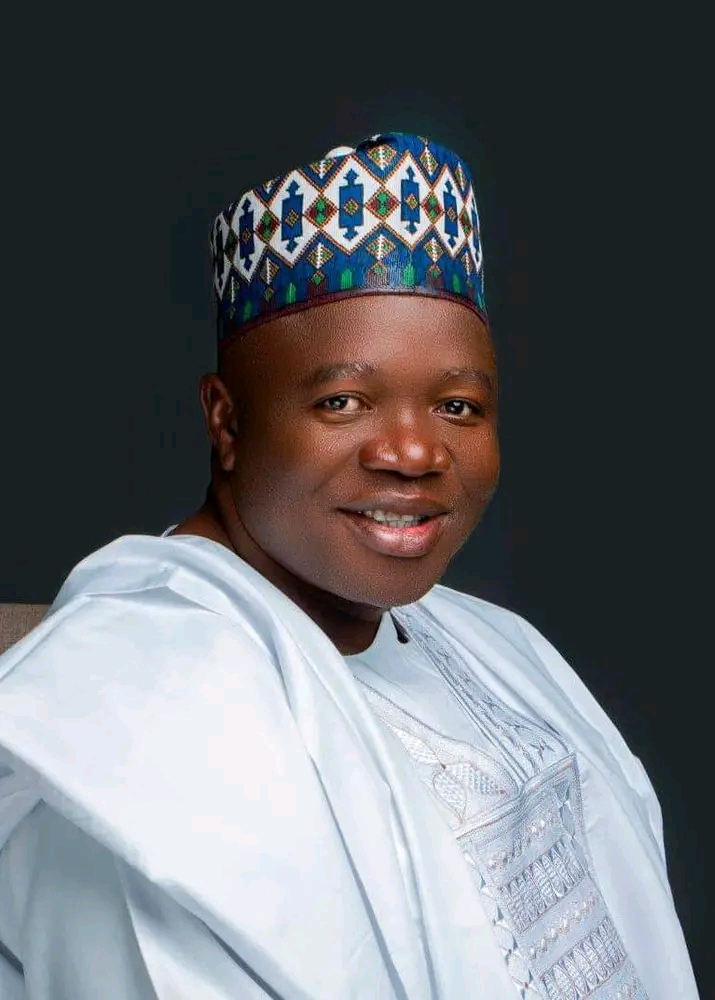The member representing Ghasaka/Kurmi/Sardauna Federal Constituency of Taraba State, David Abel Fuoh, said he personally laid a petition in the House of Representatives over alleged killings of some of his constituents by operatives of the National Park and a non-governmental organization, Africa Nature Investors, AFI.
Speaking to journalists on Saturday, the lawmaker said he was forced to submit a petition on Thursday to the lower legislative chamber over killing of human beings in guise of protecting animals in the park.
According to him, he tried to wade into incessant killings by those guarding the park which is in his constituency without success.
In what he described “excesses of park operatives and the NGO”, Fuoh said the petition would address the ugly trend, stressing that had cannot watch idly seeing his constituents dying.
The ‘Petition by the People of Mayo Balewo/Mahdanu Community against African Nature Investors (ANI), the Chief of Mayoselbe and the Controller General of National Park’, which Fuoh submitted on July 12, 2024, said three persons were killed while six others were arrested during a raid by ANI.
He said, “On Tuesday 25th June, 2024 African Nature Investors raided the residence of Wakili Isa Touga in Mayo-Balewo, killing three people and arresting six others who had been invited for a meeting with Kum Mayo-Selbe Chiefdom, Mr.Thomas Maiyanga.”
He noted that the development was part of the large pattern of brutality by ANI, resulting in at least seven deaths outside the parks boundaries and killing a large number of cattle as well as destroying farm lands and burning several houses in the guise of park protection.
The petition indicated victims of the heinous crime as: Late Mallam Adamu Yahya, 70 years old (survived by two wives, 15 children, and seven grandchildren), Late Abdu Yahya, 52 years old (survived by two wives, 13 children, and two grandchildren) and Late Nuhu Yahya, 42 years old (survived by one wife and one child).
The petition also asked relevant agencies to investigate the activities of ANI and GGNP, and ascertain their impact on local communities
74



